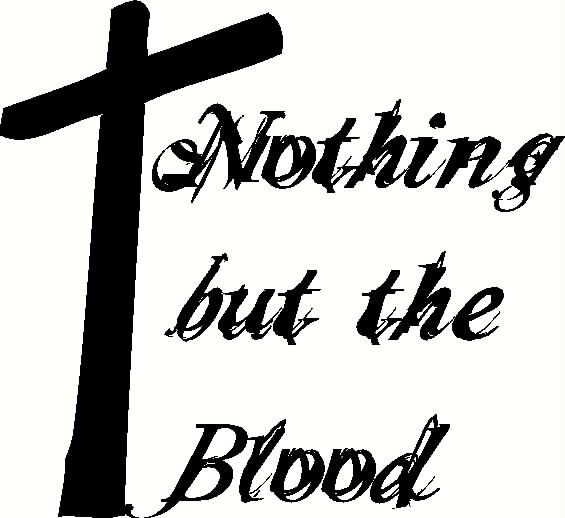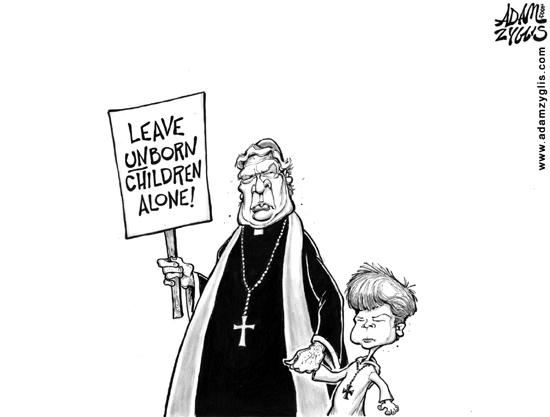| Ricky Gervais, comedian extrodinaire. |
Aside from being exceptionally poorly written, Vivaldo's comatic awareness of her subject material reads as an insult to her own intelligence. But to spare you from my own nitpicky appraisals of Vivaldo's technical abilities, let's just jump right into the slaughter, shall we?
In her piece, Vivaldo has singled-out Ricky Gervais, a public atheist, brilliant comic, and first-class actor (see: Ghost Town, The Invention of Lying) who, during the Golden Globe Awards, made a playful remark: "Thank you to God for making me an atheist."
Vivaldo's ignorant little scribble can't even be bothered to quote Gervais properly, let alone take the comedian's jibe in context:
"During the Golden Globe Awards, host and professed atheist Ricky Gervais said, “Thanks to God for making me an atheist,” but in an interview with Piers Morgan on CNN, he says he was not mocking Christians."The conspicuous absence of the personal pronoun "you" in Gervais's joke let's us know that Vivaldo's reporting is lackadaisical at best. I wouldn't usually take interest in such a triffling detail, but let's face it: Gervais's comment wasn't so long as to make missing words a strong possibility. But then to cite Gervais's rebuttal to the ridiculous allegation that he was mocking Christians only shows that Vivaldo is pedaling mealy-mouthed tripe fed to her by other jaded, evangelical alarmists.
Half a second of thought would illuminate to Vivaldo and any of her like-minded and equally addled co-conspirators that Gervais was taking a playful poke at the untold scores of actors who, year after year, curry favour with the wider public by tossing out superficial homages to 'God'. This fact is made startlingly clear when Vivaldo goes on to report that CNN reporter Piers Morgan challenged Gervais with a note on the American Christian population:
Morgan began by pointing out to the British comedian and actor that millions of Americans are in fact Christian and it seemed obvious that he was poking fun at that particular religion. In response Gervais negated the assumption of offending American Christians, especially when he personally doesn’t find it offensive when people say “thank God” all the time.Notwithstanding the fact that the use of the word 'God' is not exclusive to Christians, it really doesn't help Morgan's case to make such blunders when Gervais openly admits that he doesn't find people's use of the phrase "thank God" in any way offensive. This highlights a strange irony: the demand for religious tolerance is openly upheld as long as no-one is irreligious.
In North American countries, a Christian can careen headlong into a blowhard speech about evil, gay Teletubbies, or the insidious, creeping poison of condoms; and in doing so, write off a whole culture of people as godless, sinning, reprobates who will never be whole without their particular brand of Christianity, and the God they envision. But because Ricky Gervais took a harmless poke at a customary exit quip made during celebrity galas ("thank God"), he must be mocking Christians, and should damn-well be dragged through the media's kangaroo court.
Having turned his pedestal upside-down so he can more assuredly stick to it, Morgan pressed the issue further by "rephrasing" his original question:
Morgan continued on by rephrasing his question and Gervais, 49, said “no no, I’m not mocking them, people’s beliefs aren’t my concern at all, I certainly don’t differentiate religions either, I look at all religions the same, unlike religious people I look at all religions equally.”
 |
| American Christian Jesus |
Gervais also pointed out that the religious don't have a monopoly on what is 'good', and that,
“Some people say who says what good is but you know what I say ‘I do’ I’m good to people because it’s the way I want to be treated and I don’t believe I’ll be rewarded in heaven, I will be rewarded now.”Despite the awkward wording of Gervais's remark, he brings up a good point: what is 'good' is not good because certain people, or religions say it is. What is good is 'good' on its own, and if you practice those things that are evidentially good (e.g., treating people the way you'd like to be treated), then that goodness will be its own reward now. If you're religious, you may also believe that you'll have some kind of reward for your present goodness when you're in heaven. But the point remains that by practicing what is evidentially good now, that goodness will be rewarded or enjoyed now, in the present.
Not to be undone too easily, however, Morgan moved on to suggest that atheists, in their dotage, must feel a sense of waste if this life is all they have.
Morgan's intensely ignorant segue, notwithstanding, Gervais responded eloquently by noting that there are many different conceptions of 'God' and that, by implication, if the aggregate number of gods in the world has still not reasonably assured people of their present and future states, why should anyone think atheism is on the deficient end of the spectrum? Says Gervais:Morgan expressed his sentiment about how “the problem for atheist it must be doom and gloom when you get to like at 70 or 80, to think that’s it, that’s the end of everything, so you must fear death ten times more than Christians”.
“I can’t help what I believe anymore than you can, it’s up to you what you believe in. This thing about not believing in God, there are 2,780-odd gods, and if you’re a Christian you believe in one of them and you don't believe in all the others.”
 Far from being a "dispute" as Vivaldo mislabelled it, the exchange was a simple exchange between two people with contrasting points of view. Gervais, I think, came out on top of the intelligible end of things. And as far as I'm concerned, reviewing Gervais as a tasteless air-pounder with a preachment up his sleeve is the kind of moronic ignorance Morgan and Vivaldo should be repenting of. Gervias was who he is: a comedian with an observation and ironic comment to make, not to Christians in specific, but for the sole purpose of a joke. Besides, if celebrities can rig galas for the singular focus of "roasting" each other, why should Gervais be harangued for telling a joke when that is what he was specifically employed to do?
Far from being a "dispute" as Vivaldo mislabelled it, the exchange was a simple exchange between two people with contrasting points of view. Gervais, I think, came out on top of the intelligible end of things. And as far as I'm concerned, reviewing Gervais as a tasteless air-pounder with a preachment up his sleeve is the kind of moronic ignorance Morgan and Vivaldo should be repenting of. Gervias was who he is: a comedian with an observation and ironic comment to make, not to Christians in specific, but for the sole purpose of a joke. Besides, if celebrities can rig galas for the singular focus of "roasting" each other, why should Gervais be harangued for telling a joke when that is what he was specifically employed to do?
























